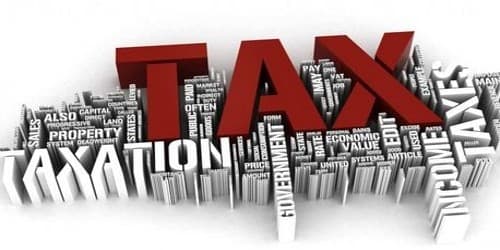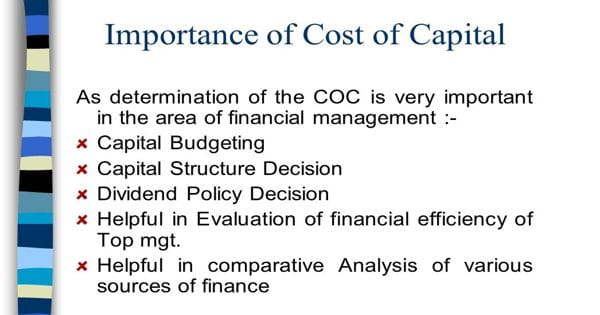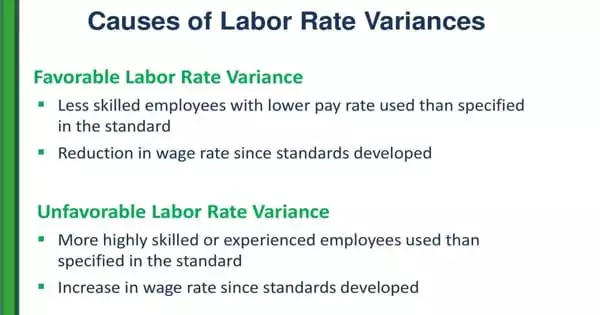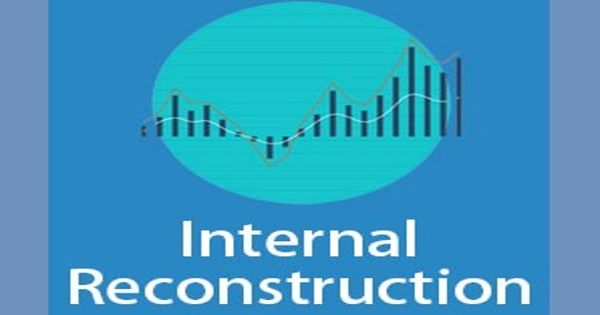Direct taxes refer to the type of tax which is directly imposed on a person. Examples of direct taxation include income tax, corporation tax (on companies’ profits), capital gains tax, wealth tax (tax on the ownership of the property), etc. These taxes are mainly collected by the central government.
Advantages of Direct Tax
- Direct tax is equitable as it is imposed on a person as per the property or income. Persons with different economic standing are taxed at a different rate.
- It is levied to employed citizens by the government at the end of a given period of time. Progressive direct taxation can reduce income inequalities and bring about adequate social & economic justice.
- Time, procedure and amount of tax paid to be paid are known with certainty. Accordingly, the Government can make adjustments in its income and expenditure.
- Direct tax is elastic. The government can change the tax rate with the change in the level of property or income. With an increase in income and wealth of individuals and companies, the yield from direct taxes will also increase.
- The taxpayers are likely to be more aware of their rights and responsibilities as citizens of the state.
- Money raised from the direct tax can be used to finance projects that may be used by the poor communities.
- This improves public participation in government project and enhances patriotism besides fostering democracy and nationalism in different countries
Direct tax enhances the consciousness of the citizens. Taxpayers feel the burden of tax and so they can insist on the government spend their contributions to the welfare of the community. This technique is used to create more investment opportunities and employment in an economy.
During inflationary periods, the government may increase the tax rate. This ensures that any government action to either increase the amount of direct tax does not lead to inflation which has an effect on economic growth and development. With an increase in the tax rate, the consumption demand may decline, which in turn may reduce inflation.
















